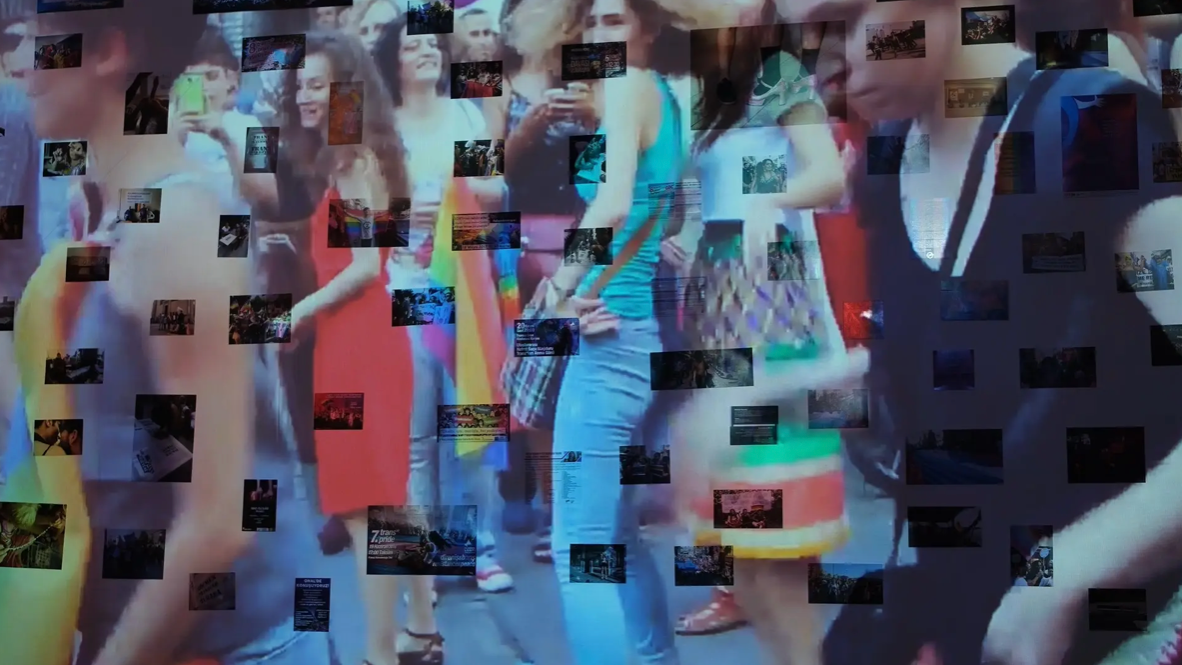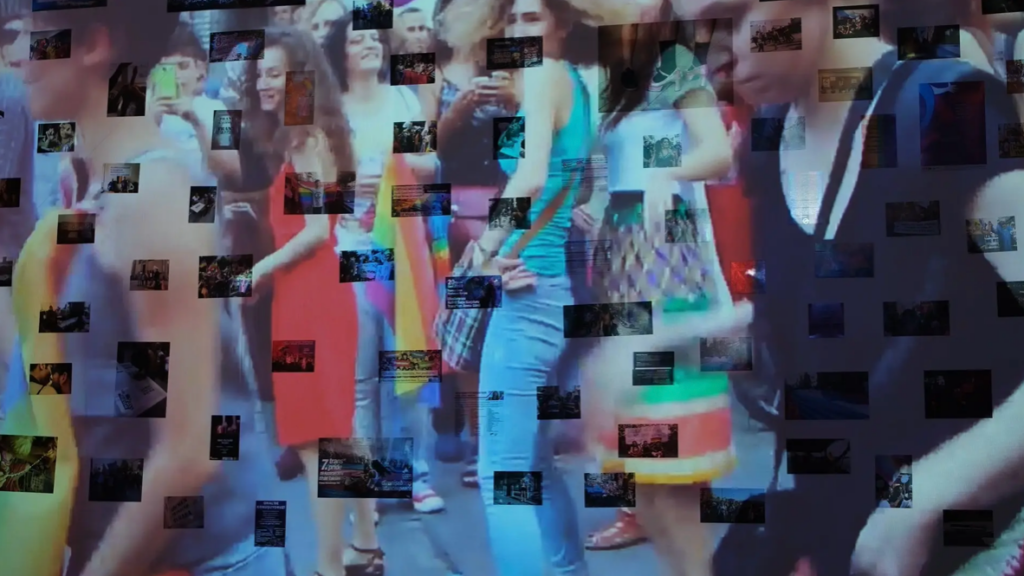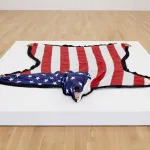
Turkish authorities have banned an exhibition that explores the art and history of the country’s transgender community, the Art Newspaper reported Thursday. Authorities shut down the exhibition, titled “Turn and See Back: Revisiting Trans Revolutions in Turkey,” by an order of a district governor who said the show “incited the public to hatred.”
“Turn and See Back” was staged at the non-profit space Depo Istanbul, which was established by Osman Kavala, a Turkish arts administrator who was arrested by the Turkish government in 2017 and placed in solitary confinement following accusations that he had helped fund terrorist groups and led an organization that supported the failed military coup in 2016.
Turkey’s right-wing populist president Recep Tayyip Erdoğan’s has long led a crackdown on the LGBTQ+ community, including blocking the Muslim world’s largest LGBTQ+ march, Istanbul Pride, since 2015 and labelling LGBTQ+ individuals as “deviants.”
“Calling people ‘illegal’ is part of a process that now aims to dehumanize and criminalize LGBT+ people,” Jiyan Andiç, the show’s co-curator, told TAN. “This exhibition was a way of saying: ‘We are not a threat, perverts or groups managed from abroad, but we have always been here.’” Andiç emphasized that the exhibition aimed to humanize and represent the transgender community. Despite promoting the show mostly by word of mouth, it attracted hundreds of visitors.
Depo Istanbul plans to appeal the ban, but said it remains doubtful of a successful reversal. The editor of the online art journal Argonotlar, Kültigin Kağan Akbulut, who has been tracking censorship in Turkey, told the Art Newspaper that the show’s cancellation was unique: the Turkish government hasn’t overtly banned an art show in at least a decade.
“In Turkey, censorship in art typically happens beforehand through self-censorship,” Akbulut said. “Because Istanbul Pride is being monitored, all it takes is one social media post to make it onto the state’s radar … Depo is also marked because of its association with Osman Kavala. The problem is there aren’t many other places left that would have hosted this exhibition.”


